Intermittent Fasting sure is having a moment in the world right now. What is this style of eating? Are there health benefits? What are the best foods to break a fast? Are there special considerations for vegetarians? Today, my tips answer 10 common questions regarding intermittent fasting for vegetarians. Let’s go!
Tara’s Tuesday Tips:
Intermittent Fasting for Vegetarians
What is Intermittent Fasting?
- A pattern of eating where you alternate between cycles of eating and fasting.
What are the different fasting methods?
- 16/8 Method: 16 hours of fasting and an 8 hour eating window
- 5/2 Method: Eat normally for 5 days of the week, and restrict your calories to 500-600 per day for the other 2 days of the week
- Eat:Stop:Eat Method: Fast completely for a full 24 hours once or twice per week
- Alternate Day Method: Modified fasting every other day, eat normally one day and eat 0-500 calories on the next and continue to alternate with that pattern
Who should not fast?
- Insulin dependent diabetics
- Pregnant women
- If you have been recently hospitalized
- People prone to eating disorders or with a history of disordered eating
- Endurance athletes
What are the side effects?
- Hypoglycemia, irritability, low energy, persistent hunger, temperature sensitivity, diminished athletic performance, hormonal imbalance
- Relapse of eating disorder behaviors in people prone to eating disorder behaviors
How do I start?
- Talk to your doctor first
- Start slow, perhaps by cutting out evening snacking or pushing your breakfast back a little while
What do I do when I’m hungry and I am still in my fasting window?
- Find a distraction! Go outside, take a walk, listen to music, meditate, call a friend
- Drink water
- Drink coffee or tea
When my fasting window is over, can I eat whatever I want?
- Not exactly …
- Your overall calorie count ultimately impacts your weight, therefore consuming excessive calories after a fast will reduce your calorie deficit.
- The best way to break a fast is to eat what you would normally eat with a focus on foods that are fuel, be sure to include all of the macronutrients (protein, carbohydrates, and fat) first. Be intentional with your food choices.
Will fasting impact my exercise?
- Possibly, yes. Consider adjusting the time of your fast or the time of your exercise based on how you feel.
- We have enough glucose stored in our liver to support moderately intense activity for about one hour, but this varies by individual.
- Test it out, you won’t know until you try.
- If you are an endurance athlete, be sure your fasting is adjusted to best support your training. You need to be nourished to train!
Why should I fast? What are the health benefits?
- Gives your body a chance to rejuvenate your cells while it isn’t busy digesting food. Therefore, your body has a chance to repair your damaged cells during your fasting times. This allows you to have improved cognition, less inflammation in your body, and this slows down the aging process.
- Increases your insulin sensitivity and therefore decreases your risk of developing diabetes.
- Decreases fat storage and you lose weight.
- Decreases your risk of Alzheimer’s disease, heart disease, and cancer.
What special considerations do vegetarians have with intermittent fasting?
- Vegetarians on IF need to remember to get adequate amounts of nutrients in a shorter window.
- Break the fast with high quality, whole foods with lots of nutrients. Start your eating window with colorful fruits and vegetables and macronutrients.
- Being vegetarian doesn’t mean you necessarily are already eating healthy! Calories still count so be mindful of what you are consuming.
- Use your fasting time to reflect on what foods you need and don’t need and plan your meals accordingly. Eat only the foods that will fuel your body to do the things you have set out to do.
- Vegetarian or not, if you are training for an event or race or are an endurance athlete, take special precautions with fasting! You cannot train appropriately if you are under fueled!
Want More Information on Intermittent Fasting?
Check out the other articles I have written:
Is Intermittent Fasting Right For You?
Survival Guide to Vegetarian Intermittent Fasting
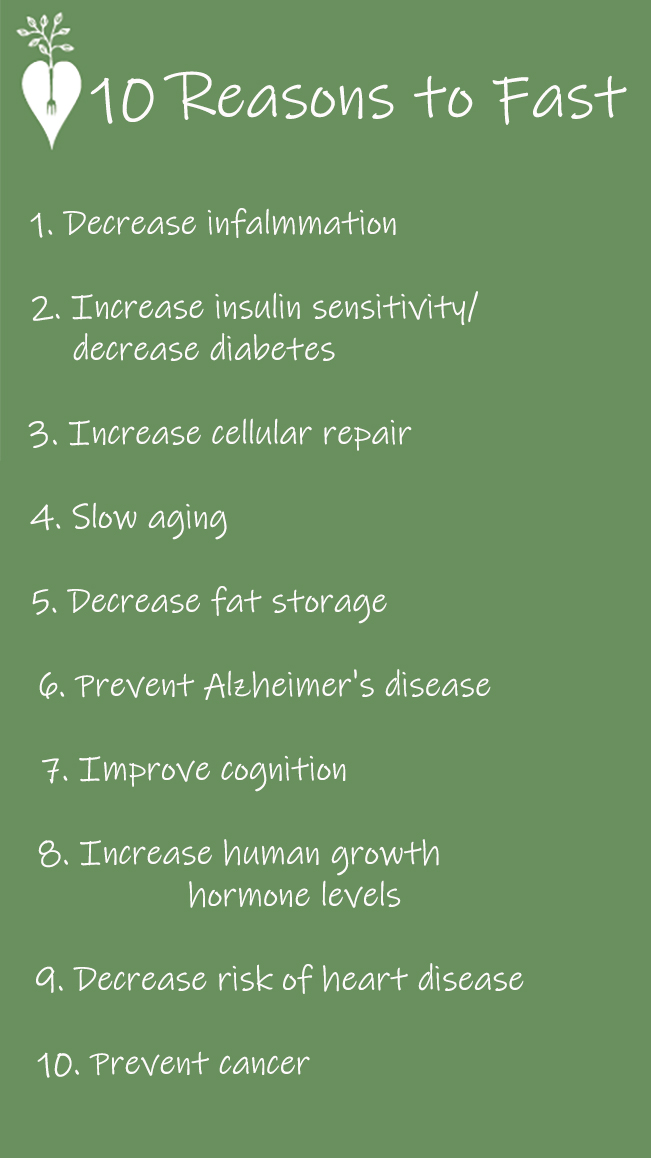
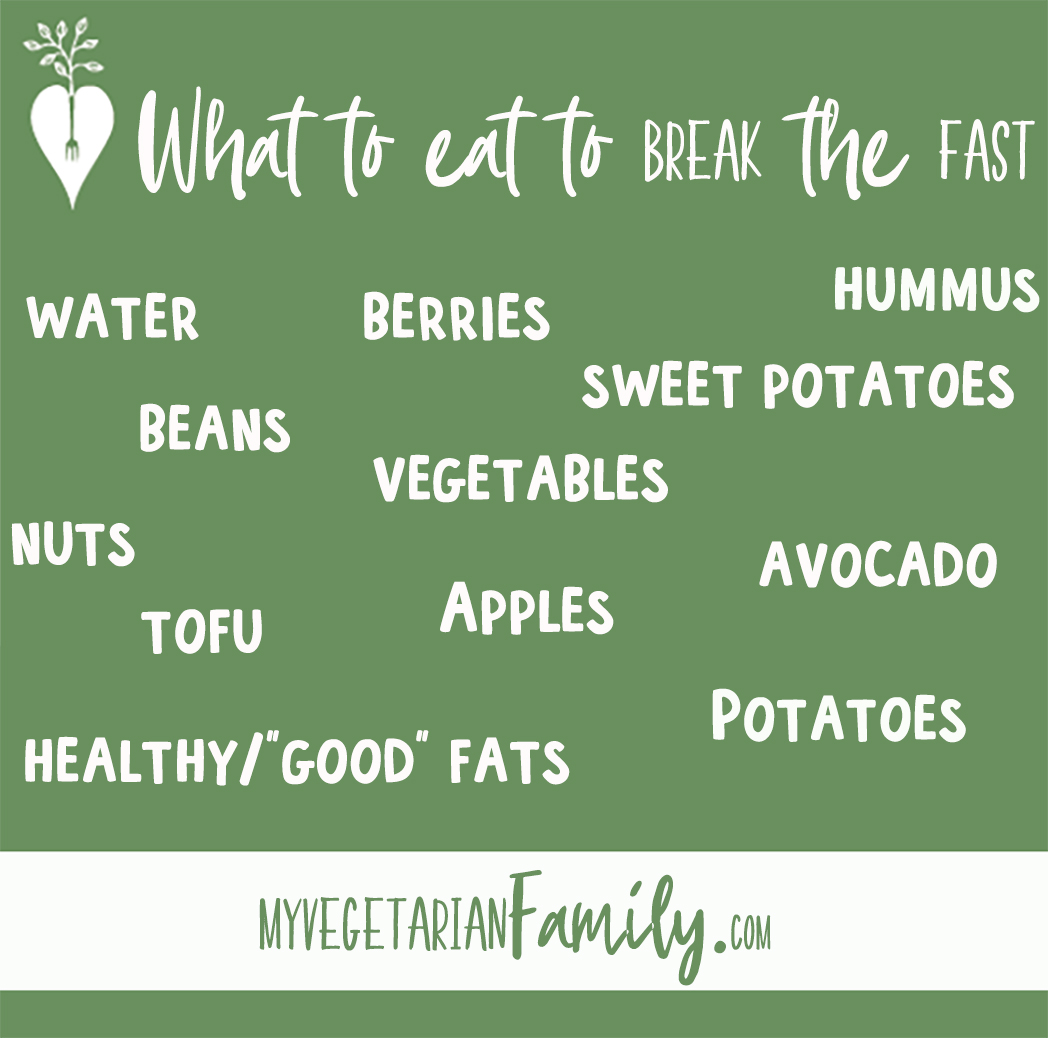
Need recipes to make when you break your fast?
How about Avocado Salad, or Stove-top Indian Lentils, Teriyaki Tofu with Vegetables or Easy Vegetable Curry, or Instant Pot Pumpkin Steel Cut Oatmeal.
⭐️Thinking about trying intermittent fasting? Can’t decide if it is right for you? Do you have more questions? Leave a comment below. We love comments ⭐️
💚You can always find me on Instagram @myvegetarianfamily AND be sure to subscribe here to my weekly emails for tips and recipes so that you never miss a veggie thing!💚
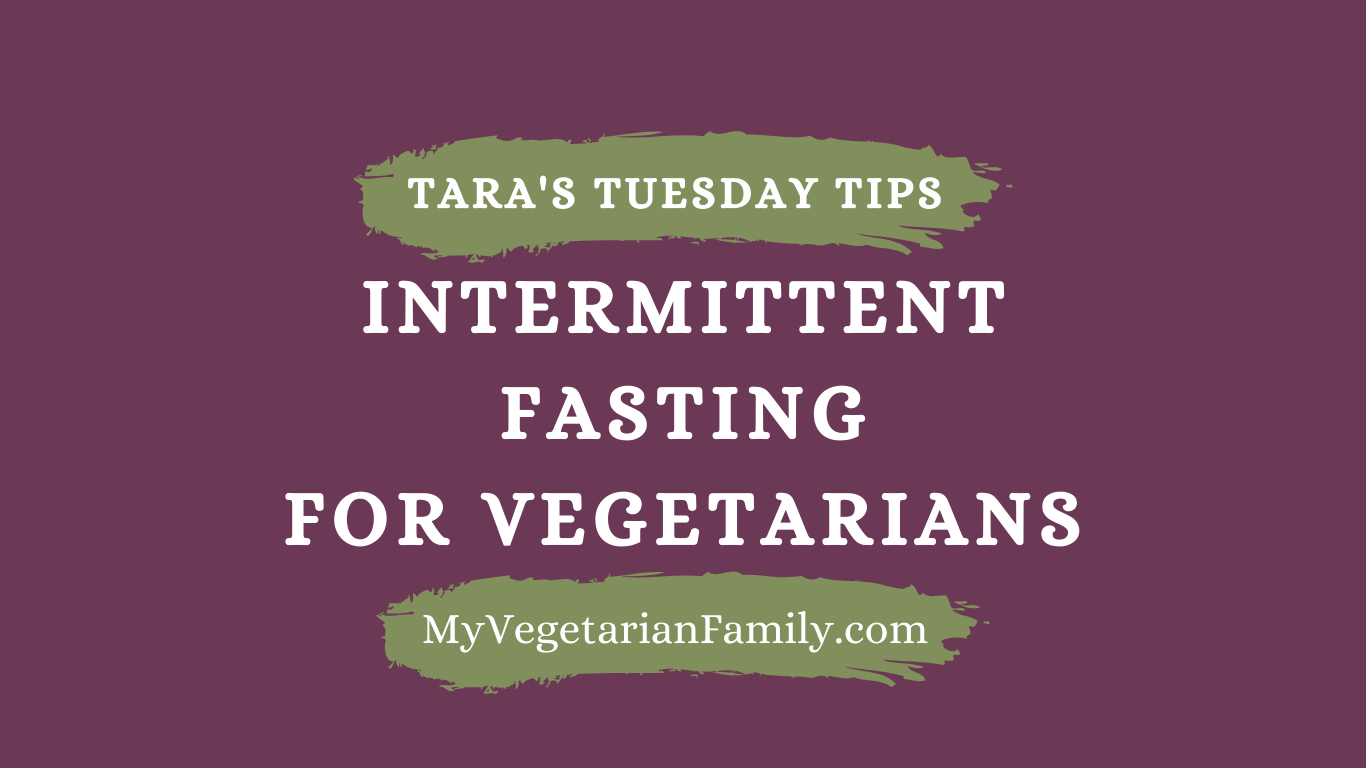
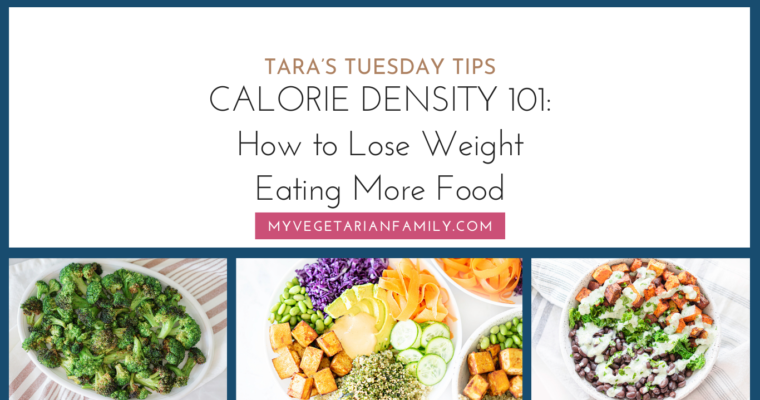
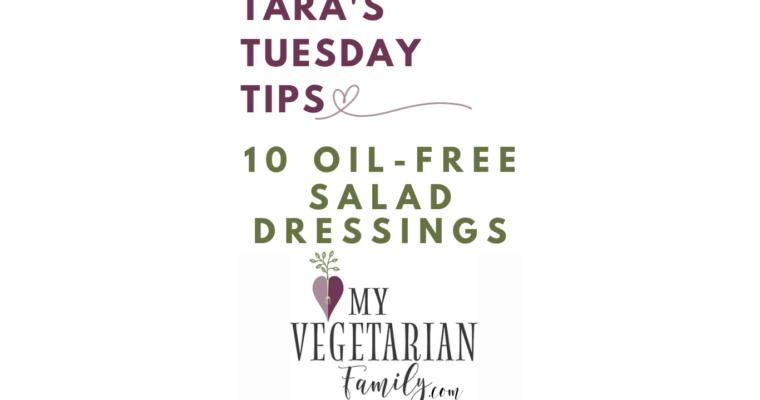
Thank you for another great post. Where else could anyone get that kind of information in such a perfect way of writing? I have a presentation next week, and Im on the look for such information.
I really need vegetarian recipes for fasting. I understand that you need good fats, and most of the fasting books seem to be heavily ridden with meat. How do I get enough protein to feel satisfied?
Hi Hannah! The best vegetarian foods to eat after fasting are foods that don’t spike your blood sugar up too fast. So, you should eat foods high in fiber or complex carbohydrates. When I break my 16 hour fast each day I enjoy foods such as walnuts, brazil nuts, steel cut oats, and apples. You could try nut butters, quinoa, avocado, almonds, or tofu. The fats are not as important to feel satisfied/full as the high fiber foods that fill you up. Check out my article about calorie density which will help explain this concept in more detail.
Thank you, btw!
Is a fruit smoothie good for breaking fasting? Orange apples, strawberries for eg (all low sugar, low carbs) ?
Hi Lina, I am a big fan of real fruit smoothies but just be sure you are also incorporating protein, veggies, nuts, seeds. This is especially important after breaking a fast.- Tara